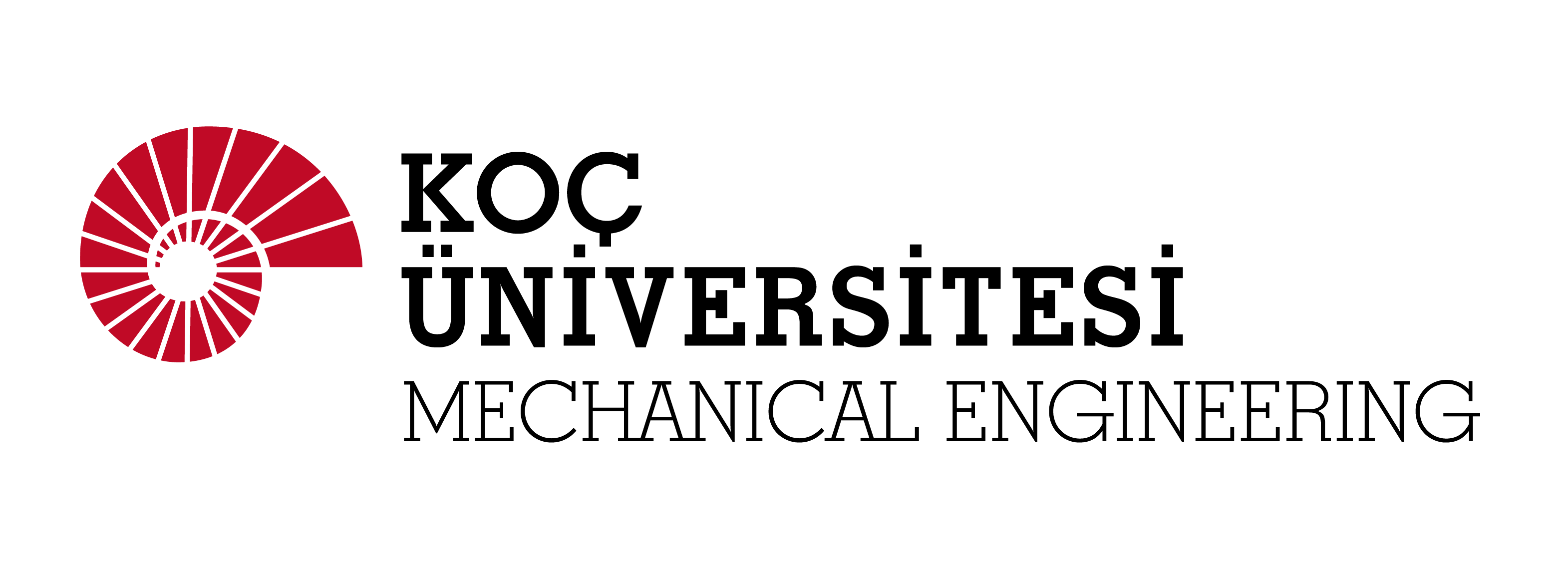Innovation in product design and manufacturing has become a major driver for industrial competitiveness and profitability in recent years. As enabling technologies become more easily accessible, engineers are faced with increasing demands for designing and producing more complex mechanical devices to serve the needs of the society. Next generation engineering products will be ‘smart’ with many functionalities; they will be made of new materials; they will increase energy efficiency and reduce environmental impact; they will vary in size from nano to mega scales; and they will be more closely integrated with information processing systems. Also as mechanical systems are becoming increasingly complex to analyse and expensive to experiment, more emphasis will have to be placed on computer aided analysis, design, verification and manufacturing. Our research program in mechanical engineering responds to these trends and focuses on basic research related to materials science and process engineering, product design, and information integrated manufacturing processes. In doing so applications to different physical processes are studied (e.g. energy systems, bioengineering, metal forming, polymer processing, discrete part manufacturing to name a few).
Degree Requirements
Applicants must have B.S. or B.A. degrees preferably in engineering or in sciences relevant to the particular degree program. In addition to course work, students are engaged in thesis research. Every student is supervised by an advisor. The M.S. Program with Thesis option requires that the students successfully complete a minimum of 21 credits (with 7 courses) beyond a Bachelor’s degree. In addition to the credit courses, students must complete the non-credit courses; KOLT 500: KOLT Graduate Teaching Assistant Training, MECH 590: Seminar, ENGL 500: Academic Writing, ETHR 500: Scientific Research Methods and Research and Publication Ethics, TEAC 500: Teaching Experience and MECH 595: MS Thesis Course.
The M.S. program without Thesis option requires that the students successfully complete a minimum of 30 credits (with 10 courses) beyond a Bachelor’s degree. The non-thesis option also consists of a non-credit pass or fail M.S. Project course.
Conditions of acceptance to the MS without Thesis program:
- Requirements for Koç University Mechanical Engineering BS degree holders
- Minimum GPA = 2.80
- Minimum ALES = 60
- TOEFL or YDS/e-YDS/YOKDIL Requirement (for those whose native language is not English)
- Internet Based TOEFL: Minimum Score 80 (Exams taken in Türkiye must be carried out at the State Universities.)
- YDS/e-YDS/YOKDIL: 80
- Students should take 3 courses below list (should be decided together with the advisor). These courses can be counted within the 10 courses that they will take throughout the program.Mech 204 Thermodynamics
Mech 206 Dynamics
Mech 201 Statics and Mechanics of Materials
Math 204 Differential Equations
Mech 301 Fluid Mechanics
Mech 302 Heat Transfer
Mech 304 Dynamic Modeling and Control
Mech 306 Manufacturing Processes
- Requirements for other Koç University BS/BA degree holders
- Minimum GPA = 2.80
- Minimum ALES = 60
- TOEFL or YDS/e-YDS/YOKDIL Requirement (for those whose native language is not English)
- Internet Based TOEFL: Minimum Score 80 (Exams taken in Türkiye must be carried out at the State Universities.)
- YDS/e-YDS/YOKDIL: 80
- Students should take 3 courses below list (should be decided together with the advisor). These courses can be counted within the 10 courses that they will take throughout the program.Mech 204 Thermodynamics
Mech 206 Dynamics
Mech 201 Statics and Mechanics of Materials
Math 204 Differential Equations
Mech 301 Fluid Mechanics
Mech 302 Heat Transfer
Mech 304 Dynamic Modeling and Control
Mech 306 Manufacturing Processes
- Requirements for Mechanical Engineering BS/BA degree holders from other universities or institutions:
- Interview
- Minimum GPA = 2.80
- Minimum ALES = 60
- TOEFL or YDS/e-YDS/YOKDIL Requirement (for those whose native language is not English)
- Internet Based TOEFL: Minimum Score 80 (Exams taken in Türkiye must be carried out at the State Universities.)
- YDS/e-YDS/YOKDIL: 80
- Students that are graduated from the other departments of other universities:
- Interview
- Minimum GPA = 2.80
- Minimum ALES = 60
- TOEFL or YDS/e-YDS/YOKDIL Requirement (for those whose native language is not English)
- Internet Based TOEFL: Minimum Score 80 (Exams taken in Türkiye must be carried out at the State Universities.)
- YDS/e-YDS/YOKDIL: 80
- Students should take 3 courses below list (should be decided together with the advisor). These courses can be counted within the 10 courses that they will take throughout the program.Mech 204 Thermodynamics
Mech 206 Dynamics
Mech 201 Statics and Mechanics of Materials
Math 204 Differential Equations
Mech 301 Fluid Mechanics
Mech 302 Heat Transfer
Mech 304 Dynamic Modeling and Control
Mech 306 Manufacturing Processes
